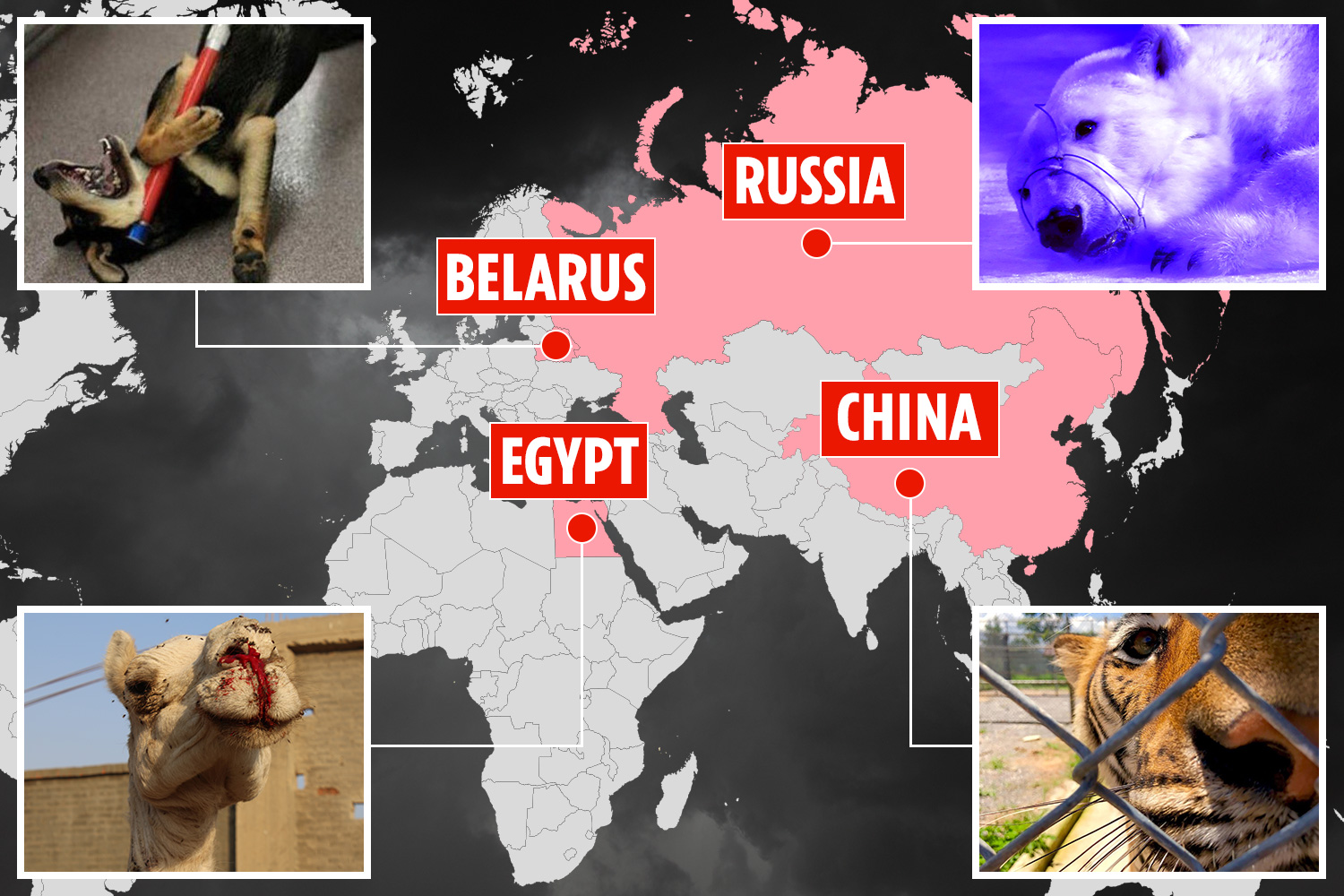Globally, the subject of animal cruelty is a harrowing reality that often lurks beneath the surface of societal awareness. Pet owners in some regions of the world have a fundamental understanding of their responsibilities towards their animals, yet in other areas, a grim and troubling culture of abuse prevails. The question looms large: which country holds the unfortunate title for the worst record of animal cruelty? This discourse delves into a dismal landscape, illuminating the stark realities faced by countless animals and attempting to unravel the reasons behind such abhorrent behaviors.
To assess the severity of animal cruelty in various countries, one must take into account numerous factors including legal frameworks, cultural practices, and socio-economic conditions. Each of these elements may either contribute to or ameliorate the suffering of animals. In some countries, legislation designed to protect animals is either non-existent or poorly enforced. Such a lack of accountability fosters an environment where heinous acts can proliferate unchecked, creating a breeding ground for cruelty.
Countries characterized by agrarian economies frequently exhibit high levels of animal exploitation. Industrial farming practices, driven by the relentless demand for meat and other animal products, often lead to inhumane treatment. In the quest for profit, animals may endure confinement in cages that barely allow movement, while some may face outright torture. This mindset, propagated by a culture that prioritizes economic gain over ethical responsibility, reflects a grim paradox: the more humans depend on animals for sustenance, the more animal welfare tends to get undermined.
In particular, certain nations have gained notoriety for their practices involving specific animals. For instance, dogs, regarded as companions in many cultures, are subjected to cruel and barbaric practices in some regions where their consumption is normalized. Stories of dogs being blowtorched or subjected to other forms of torture often provoke outrage internationally, yet locals may view such acts as a component of their traditions. Consequently, those who advocate for animal rights often find themselves grappling with cultural relativism — the idea that moral codes are inherently tied to specific cultural contexts.
Moreover, the prevalence of animal cruelty is often exacerbated by poverty and lack of education. In impoverished areas, individuals may not necessarily view animals as sentient beings deserving of empathy. Rather, animals are often perceived as mere tools for labor or food, leading to an ingrained cycle of neglect and abuse. Educational initiatives aimed at raising awareness about animal welfare continue to be crucial in breaking these detrimental cycles. Programs highlighting the emotional and cognitive complexities of animals can rekindle humanity’s compassion towards them.
Cultural phenomena also shed light on our fascination with the darker aspects of human-animal relationships. Some argue that such morbid curiosity stems from a desire to comprehend the extremes of human behavior. Documentaries and articles detailing acts of animal cruelty often captivate audiences, revealing the unsettling truth that, while civilization progresses, archaic and barbaric practices still exist in the shadows. This fascination, however, must be continuously cultivated into actionable change; simply consuming information is inadequate if it does not translate into advocacy.
Legal ramifications in some nations reinforce the prevailing structures of animal cruelty. In many jurisdictions, the laws protecting animals are either outdated or misapplied. For instance, countries may have legal provisions that ostensibly protect animals but lack the political will necessary for enforcement. When perpetrators see little to no consequence for their actions, it becomes challenging to see a future where animal welfare is prioritized. The absence of adequate legal repercussions contributes significantly to a climate of impunity.
Efforts to combat animal cruelty worldwide are being put forth by various international organizations and grassroots movements. These efforts are essential in moving the conversation beyond mere observation into actionable advocacy. Education, community outreach, and reformation of laws are paramount in addressing the roots of cruelty. A significant focus should also be directed toward promoting the importance of adopting animals from shelters rather than purchasing pets. This shift in mindset could drastically reduce the number of strays and animals suffering from abuse.
It is paramount for the global community to unite in its denunciation of animal cruelty. Individuals can make a diffusing impact by highlighting these issues on social media, supporting humane organizations, or even volunteering at local shelters. Recognizing the interconnectedness of our actions with the lives of innocent creatures is vital in striving for a world that cultivates compassion rather than cruelty.
In conclusion, the complex issue of animal cruelty presents a dark reality that echoes across borders. While some countries have gained notoriety for specific acts, the underlying reasons often stem from a calamitous mix of cultural norms, economic pressures, and insufficient legal structures. It is critical to recognize that behind each incident of cruelty lies a broader narrative that demands deeper examination and action. Only through collective effort can the grip of animal suffering be loosened, ultimately paving the way for a more compassionate world, one that honors the intrinsic worth of all living beings.








